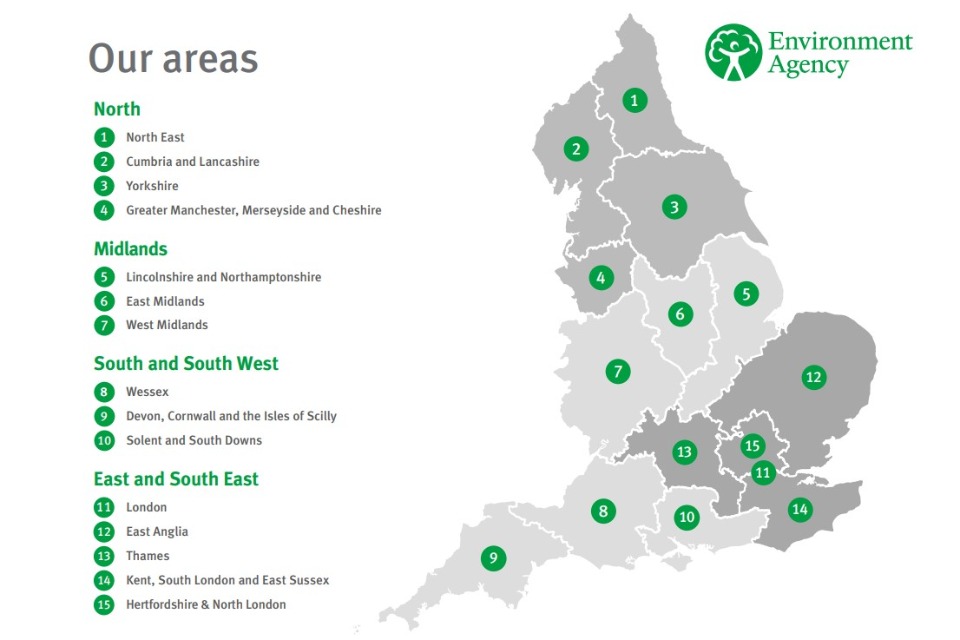The Environment Agency has declared drought status for the West
Midlands and East Midlands following the driest spring in 132
years.
The Environment Agency announced the change in status today, 15th
July 2025. Following declining river flows and groundwater levels
with some river flows in the regions at their lowest for June
since 1976.
The decision sees the regulator stepping up its operational
response in the West Midlands and the East Midlands. While making
sure water companies deliver the actions agreed in their drought
plans.
The announcement comes as the National Drought Group
meets to discuss next steps, with people being asked to play
their part and use water wisely.
West Midlands and East Midlands follow other regions that have
moved into drought recently, including the north-west of England
and Yorkshire.
Matt Gable, Regional Incident Lead at the Environment Agency,
said:
Against a backdrop of a changing climate, this change of status
recognises the impact prolonged dry weather is having on water
resources and the environment.
In the Midlands, we are taking action to reduce that impact and
to oversee the actions water companies need to take to secure
public water supplies.
We are also encouraging people to play their part through the
rest of the summer period by noting the small steps we can all
take to save water.
In the Midlands, river levels are already low with some river
flows in the region at their lowest for June since 1976. The
River Severn catchment received only two-thirds of the rainfall
it normally does in June, while the Trent catchment fared worse,
with only 37% of its long-term average for June.
Teams are out on the ground actively monitoring river levels,
with staff working with the water sector to ensure there is
enough water for the people and the environment. Staff are also
supporting farmers and abstractors with advice on how to manage
abstraction during prolonged dry weather and low flows.
Fisheries teams are responding where necessary to protect fish
which are struggling due to reduced oxygen or moving them if the
river has dried up.
The Environment Agency expects and will ensure that water
companies follow their drought management plans. Water companies
need to step up their work to fix leaks and adjust their
operations to conserve water.
The public is being asked to think about how they use water at
home and in the garden, and to comply with any local
restrictions. The less water you use at the home, the more water
there is in your local environment. Recreational water users are
being asked to remain vigilant and report any environmental
issues they see, such as fish in distress, acting as important
eyes and ears on the ground.
Read more about how the Environment Agency is responding to dry
weather in the Midlands here: Managing
the impacts of drought in the Midlands – Creating a better
place
Read more about drought here: Drought
explained – Creating a better place.
Background information
-
A decision to declare drought is taken based on reservoir
levels, river flows, groundwater levels, how dry soils are,
environmental incidents and water resources position along
with consideration of the long-term weather forecasts. These
are based on Environment Agency Area classifications.
-
Temporary Use Bans (TUBs) are a decision for the water
companies and must be made in line with their drought plans.
Read more here: Why do
we have hosepipe bans?

Map of Environment Agency areas

